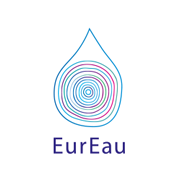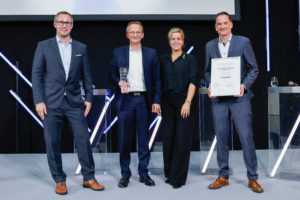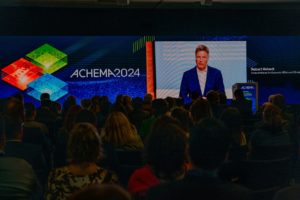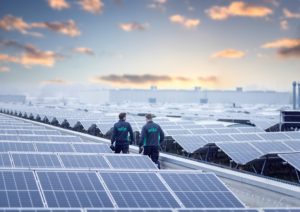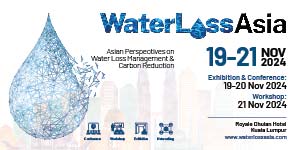Keeping our Water Pesticide-Free
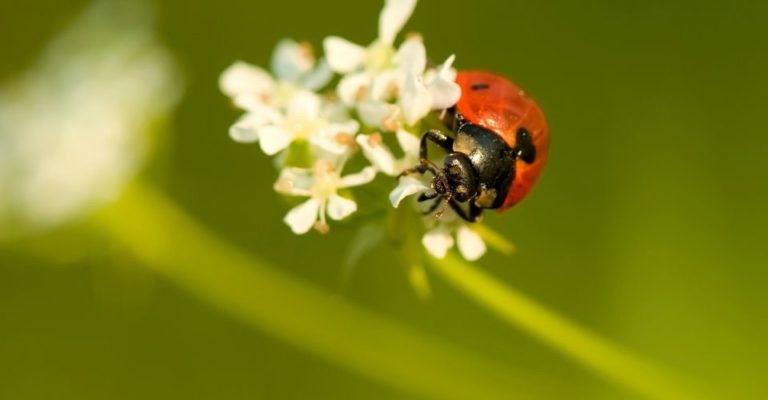
Preventing pesticide pollution will help achieve Zero Pollution while protecting people and planet. (Image source: EurEau)
Micropollutants are organic or mineral contaminants of anthropogenic as well as natural origin that raise considerable toxicological concerns for the aquatic environment. They can be found in waters at very low concentrations, ranging from micrograms to nanograms per litre. One category of such pollutants is pesticides.
Pesticides are substances that prevent, destroy or control a harmful organism (a 'pest') or disease, or protect plants or plant products during production, storage and transport such as herbicides, fungicides, insecticides, acaricides, rodenticides, growth regulators, repellents etc.
We agree: it is vital that we have enough food for all at a fair price. However, the same goes for water. Water suppliers need that water resources are protected to realise the right to water so that drinking water is safe as well as affordable.
According to the European Environmental Agency (EEA) one or more pesticides were detected above their effective threshold in up to 30% of all surface water (rivers, lakes) monitoring sites between 2013 and 2019.
Agriculture is considered as the greatest contributor to pesticides in surface water and groundwater used for the abstraction of drinking water, through application, runoffs or incorrect disposal. Pesticides, their metabolites and transformation products are more and more having a negative impact on the quality of drinking water resources (rivers, lakes, aquifers), and drinking water operators have to increasingly resort to expensive and energy-intensive extra-treatments while consumers bear the costs.
We need to be clear: it is not a question of whether drinking water operators are capable of treating any type of raw water – but the real question is: “do we as a society, and as individual citizen, prefer drinking water of a most natural composition or a highly treated and processed product with significant carbon emissions?”
The Farm2Fork (F2F) Strategy announced the evaluation of the Directive on the Sustainable Use of Pesticides (SUD).
The principles enshrined in Article 191.2 of the TFEU, namely the Precautionary Principle, the principles that preventive actions should be taken and that the environmental damage should, as a priority, be rectified at the source, as well as the Polluter Pays Principle, must guide not only the EU environmental policy but all the strategies of the Green Deal.
In order to fulfil water services’ mission of safeguarding public health and the environment, the protection of drinking water resources is of utmost importance and, despite specific measures to protect the aquatic environment and drinking water in the current legislation, Member States have failed to deliver. Water utilities have not witnessed a significant decline in the presence and in the concentration of pesticides in drinking water resources over the past decade. In certain regions, concentrations are even increasing.
That is why drinking water operators fully support the ambition of the F2F Strategy and the Commission’s proposed reduction goal for pesticide use of at least 50% by 2030.
We also stress the importance of drastically reducing the use of these in drinking water catchment areas, in line with the provisions of the new Drinking Water Directive that oblige competent authorities to carry out a risk assessment and evaluate and initiate preventive measures, leaving mitigation measures as a last resort tool. This is of particular importance for the protection of groundwater used for the abstraction of drinking water, because groundwater pollution lasts for a long time.
In the context of the revision of the SUD, it is crucial that the National Action Plans (NAPs) are aligned with the River Basin Management Plans of the Water Framework Directive and the CAP’s Strategic Plans.
In order to be able to implement the Drinking Water Directive (DWD), water operators believe it is fundamental to enhance the availability, the granularity, the transparency, and the accessibility of the data on pesticides application up to the agricultural unit/field/crop: this is essential for correctly carrying out the risk-based approach in terms of the drinking water resources and the abstraction of drinking water.
The new Regulation must consider “sensitive areas” any protected areas under the Water Framework Directive (WFD), including the safeguard zones established according to Article 7(3) of the WFD as modified by the implementation of the new Drinking Water Directive.
Adequately sized buffer zones must insure effective protection according to the properties of the pesticides and the local conditions.
At the same time we appreciate the intention to prioritise and widen the implementation of integrated pest management with adequate obligations for professional users.
If, despite all, these measures to protect drinking water resources fail and additional measures at the level of drinking water production become necessary to protect human health, then the Polluter Pays Principle, including through Extended Producer Responsibility, should be applied consistently.
It is also fundamental to enforce the provision of the current Plant Protection Products Regulation that obliges Member States to review the authorisations for active substances of pesticides in case concentrations in water resources exceed the objectives set by the water legislation. We call on the EU institutions to legislate according to the Zero Pollution Action Plan. Doing so will go a long way to protecting people and the planet for generations to come.
Source: EurEau

